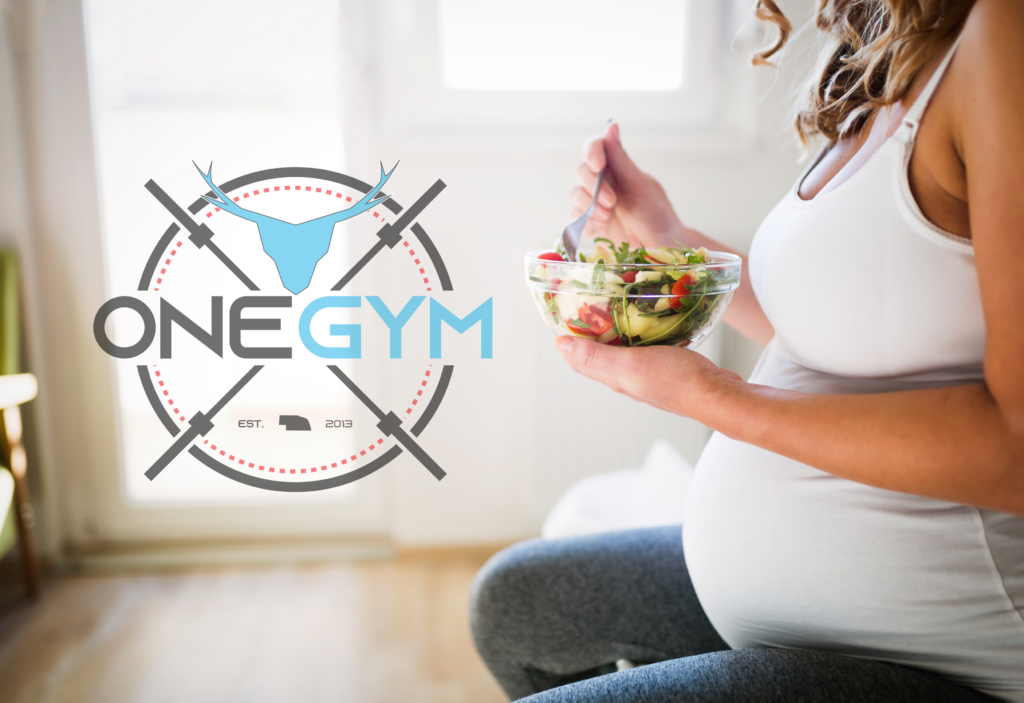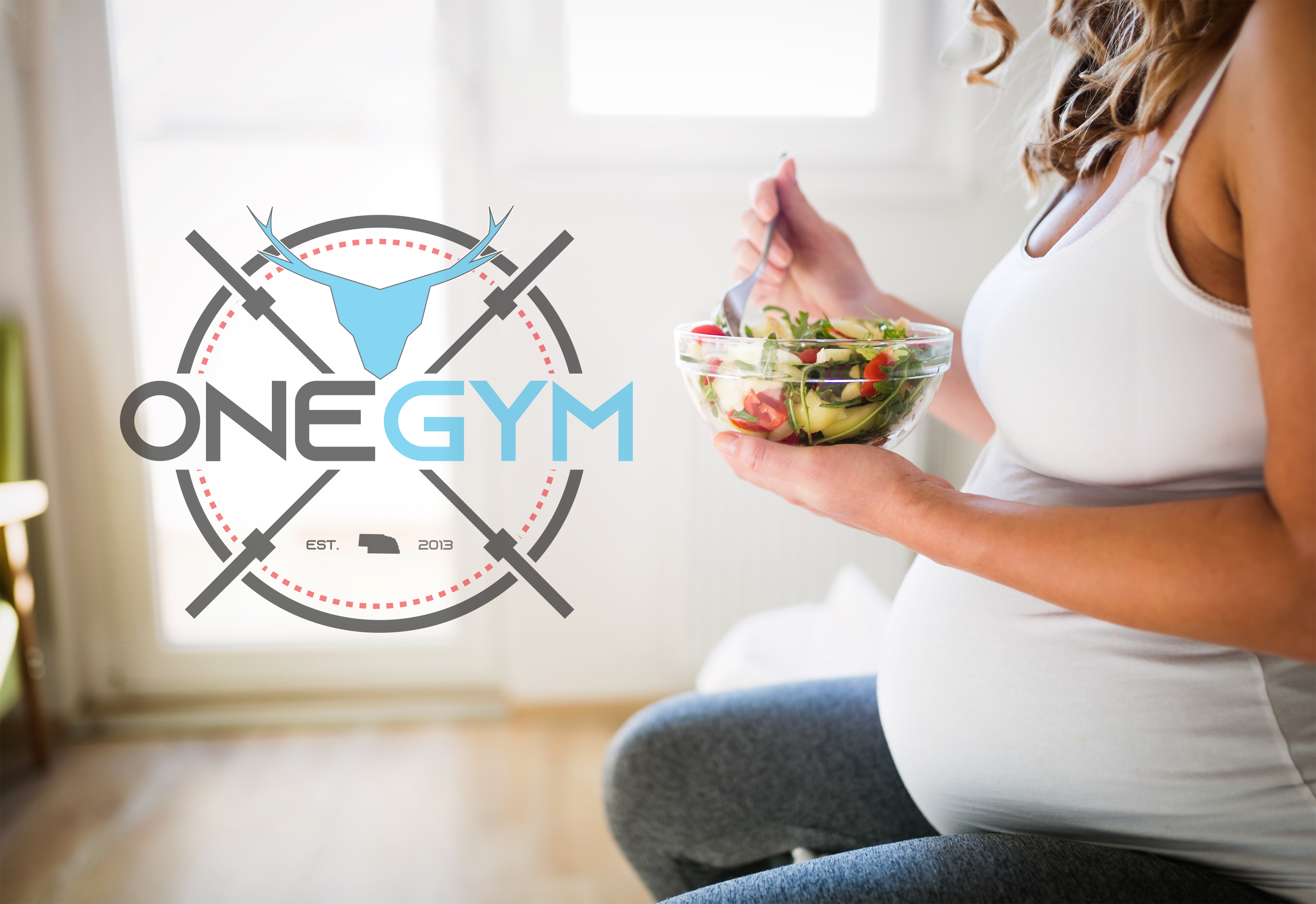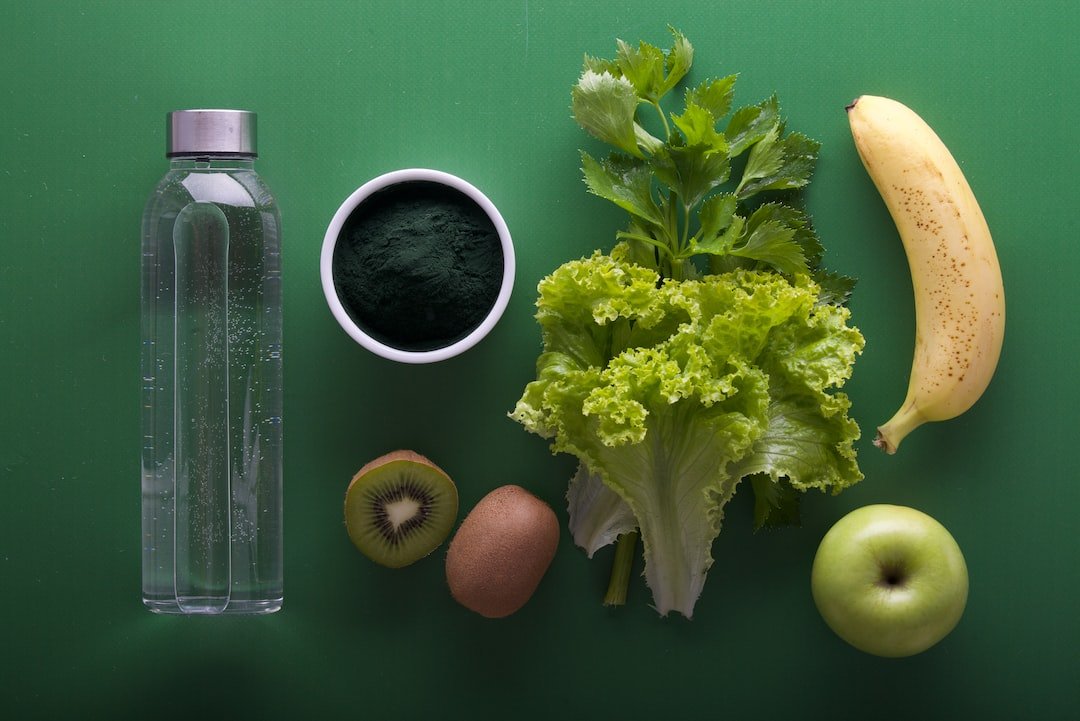Introduction
Embarking on the journey of motherhood brings a myriad of emotions and responsibilities, with nutrition being paramount among them. Ensuring optimal nutrition during pregnancy is not only vital for the health of the mother but is also crucial for the development of the baby. This article aims to provide a thorough guide on maintaining a balanced diet and ensuring you and your baby get the necessary nutrients during this precious period. “Nutrition When Pregnant” is a highly searched phrase on google because so many mommas want to know what is best for their baby!

Understanding Nutritional Needs During Pregnancy
Pregnancy demands an increase in certain nutrients such as protein, iron, folic acid, iodine, and choline, as well as adequate calcium, vitamin D, potassium, and fiber. Making informed food choices can pave the way for a healthy pregnancy and a thriving baby.
Crafting a Healthy Eating Routine
Whole Fruits: Apples, berries, oranges, mangoes, and bananas.
Veggies: Broccoli, sweet potatoes, beets, okra, spinach, peppers, and jicama.
Whole Grains: Brown rice, millet, oatmeal, bulgur, and whole-wheat bread.
Proteins: Lean meats, chicken, eggs, seafood, beans and lentils, nuts and seeds, and tofu.
Low-fat or Fat-free Dairy: Milk, yogurt, cheese, lactose-free dairy, and fortified soy beverages.
Oils: Vegetable oil, olive oil, and oils in foods like seafood, avocado, and nuts.
Caloric Intake and Weight Management
The caloric needs during pregnancy evolve with each trimester. For instance, no extra calories are needed in the first trimester, about 340 extra calories a day are needed in the second trimester, and about 450 extra calories a day are required in the last trimester. It’s essential to consult with healthcare professionals to understand the healthy weight gain and caloric intake tailored to individual needs.
Healthy Snacking and Managing Cravings
Opt for nutritious snacks like low-fat yogurt with fruit, whole-grain crackers with peanut butter, and carrots with hummus. If nausea is a concern, consider dry toast, dry cereal, or saltines.
Prenatal Supplements
Prenatal vitamins are pivotal during pregnancy to ensure that both mother and baby are receiving adequate nutrients. Key components to look for in a prenatal supplement include 400 to 800 mcg of folic acid, iron, and potentially iodine and choline, depending on dietary intake.
Seafood Consumption
While seafood is a beneficial source of healthy fats, it’s vital to choose options that are low in mercury. Aim for 8 to 12 ounces of seafood each week, ensuring it’s rich in healthy fats but lower in mercury.
Foods and Beverages to Avoid when Pregnant
Certain Foods: Avoid raw or undercooked fish, meats, poultry, and eggs, unpasteurized dairy, and certain prepared salads.
Caffeine and Sugary Drinks: Limit intake and opt for water or decaffeinated beverages.
Alcohol: No amount of alcohol is considered safe during pregnancy.
Conclusion
Navigating through the nutritional needs during pregnancy can be a complex journey. However, with a balanced diet, adequate supplementation, and mindful eating habits, you pave the way for a healthy pregnancy and a thriving baby. Always consult with healthcare professionals to tailor nutritional advice to your specific needs and ensure a safe and healthy pregnancy journey.
Unlock the Secrets to a Healthy Pregnancy with One Gym Nutrition Coaches
Embarking on the journey of motherhood is a beautiful and transformative experience. At One Gym, we understand the pivotal role that nutrition plays during your pregnancy, not only for your well-being but also in fostering a healthy environment for your baby to thrive. Our dedicated Nutrition Coaches are here to guide you through each trimester, ensuring you navigate through the myriad of nutritional needs with ease and confidence. With personalized advice, tailored diet plans, and continuous support, we stand by you in nurturing the new life blossoming within you. Don’t embark on this journey alone; allow our expert Nutrition Coaches to illuminate the path to a healthy, joyful pregnancy. Connect with a One Gym Nutrition Coach Today and take the first step towards a nourishing pregnancy journey, sculpting a vibrant future for you and your little one.
Pregnant Nutrition FAQ
What nutrients are most crucial during pregnancy?
Key nutrients include folic acid, iron, calcium, vitamin D, protein, omega-3 fatty acids, and iodine, as they support the baby’s development and maintain maternal health.
How many extra calories should I consume while pregnant?
Generally, no extra calories are needed in the first trimester, 340 extra per day in the second trimester, and 450 extra in the third. However, individual needs can vary.
Is it safe to diet or restrict calories during pregnancy?
It’s essential to focus on a balanced, nutritious diet rather than calorie restriction during pregnancy. Always consult a healthcare professional before making dietary changes.
Can I continue with my vegetarian/vegan diet during pregnancy?
Yes, but careful planning is crucial to ensure you and your baby get necessary nutrients like vitamin B12, iron, calcium, and protein. Consult a dietitian for tailored advice.
Are there any foods I should avoid while pregnant?
Yes, avoid high-mercury seafood, undercooked meats and eggs, unpasteurized dairy, and certain deli meats to reduce the risk of food-borne illnesses and potential harm to the baby.
How can I manage morning sickness and maintain good nutrition?
Opt for bland, easy-to-digest foods, eat small, frequent meals, and avoid triggers. Ginger and vitamin B6 may also help manage symptoms.
What is the role of prenatal vitamins, and are they necessary?
Prenatal vitamins ensure you get essential nutrients like folic acid and iron, supporting your baby’s development and compensating for any dietary gaps.
How much weight should I expect to gain during pregnancy?
Weight gain varies but generally ranges from 25-35 pounds for individuals with a healthy pre-pregnancy weight. Your healthcare provider can offer personalized guidance.
Is it safe to consume caffeine during pregnancy?
It’s advisable to limit caffeine intake to 200-300 mg per day (about one 12-ounce coffee) during pregnancy to minimize potential risks.
How can I ensure I’m getting enough protein during pregnancy?
Include a variety of protein sources like lean meats, poultry, fish, eggs, dairy, beans, lentils, and soy products in your diet. A healthcare professional can help determine your protein needs.
These FAQs cover a range of topics within pregnancy nutrition, providing a solid foundation for expectant mothers seeking guidance. If you have more specific questions or need further details, feel free to ask!





